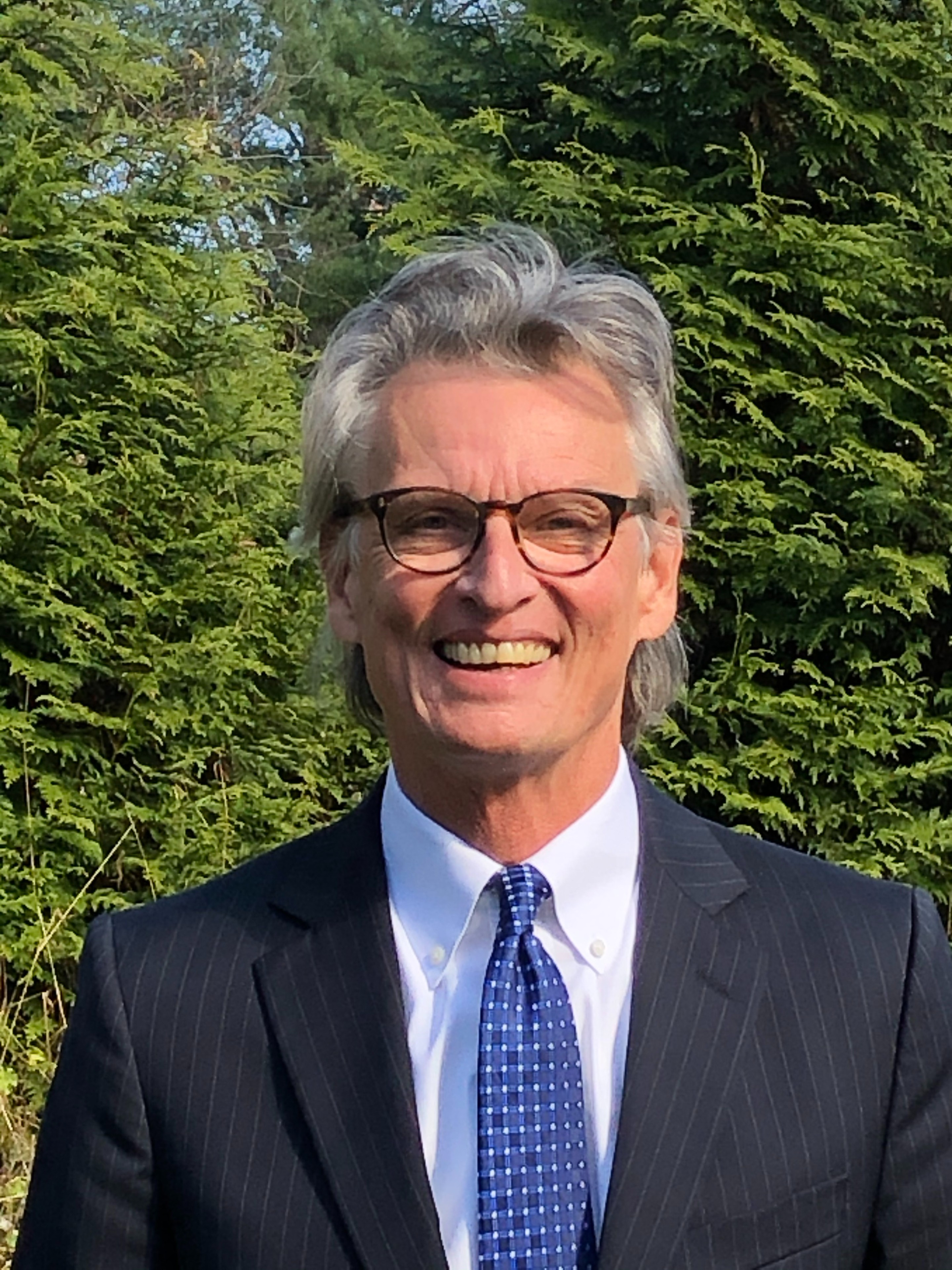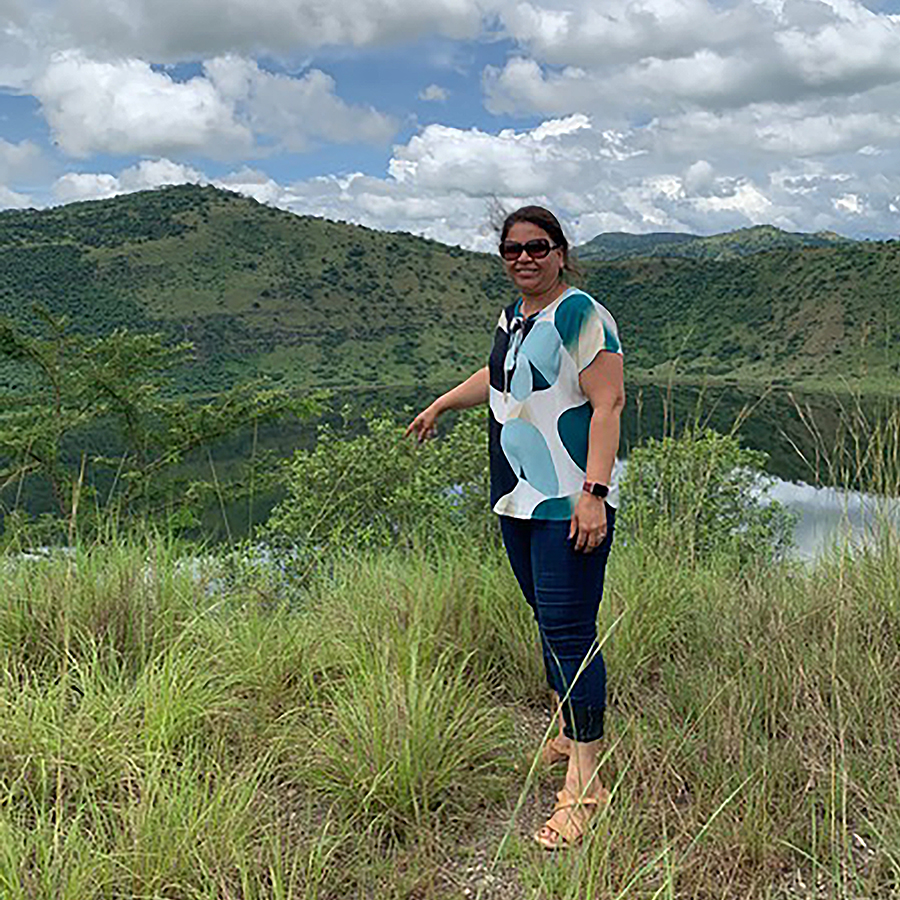At a time when traditional systems of thought struggle to respond to the world’s ecological challenges, humans are reclaiming their autonomy by organizing locally and solving complex problems with knowledge rooted in lived experience.
Griffin Thompson has watched this transformation play out for over thirty years as a diplomat, writer, and scholar while studying the broader implications of renewable energy technologies for the planet and society. A former director of the Office of Renewable Energy and Energy Efficiency at the US Department of State, he will tell you that the centrality of energy offers an especially powerful point of entry for addressing the world’s present challenges.
“The provision of energy services is the absolute precondition for everything on the development agenda,” he says. “Everything from education, health, gender, and racial equity, to job creation and food and democratic governance depends on it. That is why the world’s current energy revolution is unsettling vested economic interests, political alliances, and individual and institutional habits in profound ways.”
Central to his worldview and also a guiding thesis to “The Future of Global Energy,” a series of four seminars Thompson is presenting to the Master of Science of Threat and Response Management (MScTRM) program, is that the transition to renewable energy, and the climate change crisis more broadly, is an opportunity. As we move from fossil fuels to renewable energy, we are in a position to reevaluate the social scaffolding, economic systems, and political structures that have gone to create the climate change crisis in the first place.
“We continually misconstrue our deepest social, economic, and political problems for technological problems,” he says. “In climate change you therefore see more and more discussed about geo-engineering. The reality is that we have to change our behavior. We have to change our attitudes and how we react and interact with each other and the planet. If we think we can just mask over this with market mechanisms and new technologies, we’ll have squandered a wonderful opportunity to address the more systemic ills of today such as economic inequality and social injustice.”
Neighborhood engagement in energy decision-making
Thompson’s interest in energy, and specifically renewable energy, sparked while he was preparing his doctorate in political philosophy at Georgetown University. Centered on how technological systems address the perennial questions of political thought, he pinpointed a key factor determining a society’s relation to justice, equity, and democracy in the degree of its energy sector’s centralization.
Specifically, he looked at the difference between states with centralized and fairly secretive energy sectors using nuclear power and those with decentralized energy sectors using renewable energy. His research demonstrated that a key virtue to decentralized energy sectors is their amenability to public participation and engagement. Consequently, he found that renewable energy technologies could serve as a foundation for building more just and democratic cultures.
“That was over thirty years ago, and at the time, there was very little empirical evidence for this,” he notes. “Lo and behold, now it’s everywhere. I can’t express how pleased I am to see evidence of community solar and neighborhood engagement around energy decision-making as a way communities are taking back their autonomy and seizing their sovereignty.”
Creating spaces for genuine political and social engagement
Thompson’s thesis became the jumping off point for a career that has spanned the globe working in and out of government while advocating for renewable energy technologies. After finishing his doctorate, he studied the diffusion of renewable energy technologies at the Energy Department’s National Renewable Energy Laboratory from a cultural and anthropological perspective. As one of the only social scientists in a sea of engineers, he calls himself an odd one out at the laboratory.
“But that is where I discovered my niche in the field,” he adds. “My position there allowed me to develop the perspective I have preached for the last thirty years. People don’t care about energy. What people care about is cold beers, hot showers, bright lights, warm rooms, instant access to the internet, and mobility from point A to point B. These are the energy services we get from electrons and molecules.”
Thompson went on to direct the Energy Office at the United States Agency for International Development, where he worked with other development experts on demonstrating the centrality of energy to the development agenda. After serving as chief negotiator on energy and development at the United Nations, he moved to the Climate Office, where he managed the climate change projects that were funded by the State Department under the Obama administration.
“I’ve always been an outsider in the energy community,” he says. “The dominant focus is to fixate on the elegance of the engineered gadget, but my point has always been that we need more anthropologists, sociologists, and psychologists in this field. The humanities and liberal arts need to step in to address this enormous technological shift. The machines work—institutions and our behavioral responses don’t.”
Heeding the wake-up call
As Thompson retires from the State Department and looks ahead to focusing on writing and teaching, he does not see his passion for renewable energy technologies and their crucial relationship with the growth of democracy diminishing. In fact, while reflecting on the pandemic, he notes how its effect on humanity has done much to confirm his sense for the opportunities that come hand-in-hand with the largest crises.
“The pandemic is a wakeup call, and I think it has shown us that people are yearning for something more,” he says. “We are looking for a sense of ethics, for a new purposeful orientation towards life. The structures that surround us and guide our behavior do not allow us to connect with the areas of life that matter most. To do that, we need to provide an authentic realm in which to engage in a genuine political and social way.”
The UChicago Biological Sciences Division (BSD) will oversee any future programming. Please visit the BSD website for more information about their offerings.



